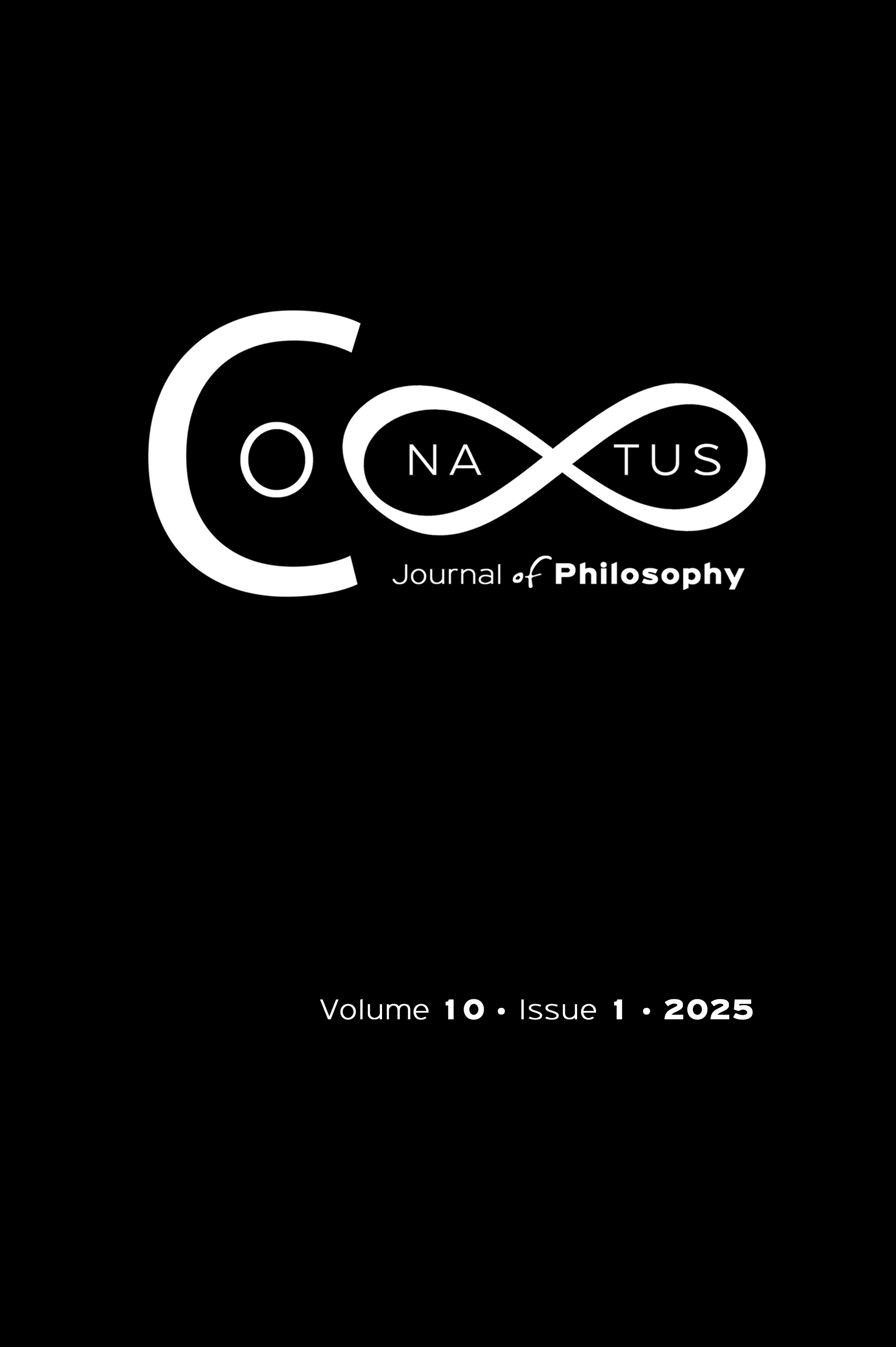Corporate Ethics: Philosophical Concepts Guiding Business Practices

Abstract
In the highly competitive global market, characterized by rapid political, economic, environmental and technological changes, there has been an increased interest in the role of ethics for shaping corporate actions and highlighting the essential tasks and measures to fulfill two generic missions: support enterprises to make distinctive, lasting and substantial improvements in their performance and build a great firm that attracts, develops, excites and retains exceptional people. This paper addresses the issues arising from opposing forces, namely on the one hand the extremely challenging external environment and on the other hand the increasing demand for responsible business behaviour and ethical decision-making focused on the shared and sustained value creation to serve the interests of all stakeholders, society and the environment. Primary objective is to provide coherent and compact definitions for the key values dealing with professionalism, equality and sustainability that should be clearly defined, thus providing the key drivers for creating a working environment that inspires and motivates employees on one hand; and promote each enterprise socioeconomic footprint in the regional and global business ecosystem. When handling the concepts of responsibility, ethical codes, integrity or trust, philosophy provides an invaluable framework and a foundational basis on which to create and maintain sustainable structures and processes for the business of the new era.
Article Details
- How to Cite
-
Dimitriou, D. (2022). Corporate Ethics: Philosophical Concepts Guiding Business Practices. Conatus - Journal of Philosophy, 7(1), 33–60. https://doi.org/10.12681/cjp.29864
- Section
- Articles

This work is licensed under a Creative Commons Attribution-NonCommercial 4.0 International License.
Authors who publish with this journal agree to the following terms:
Authors retain copyright and grant the journal right of first publication with the work simultaneously licensed under a Creative Commons Attribution Non-Commercial International License (CC BY-NC 4.0) that allows others to share the work with an acknowledgement of the work's authorship and initial publication in this journal.
Authors are able to enter into separate, additional contractual arrangements for the non-exclusive distribution of the journal's published version of the work (e.g. post it to an institutional repository or publish it in a book), with an acknowledgement of its initial publication in this journal.
Authors are permitted and encouraged to post their work online (preferably in institutional repositories or on their website) prior to and during the submission process, as it can lead to productive exchanges, as well as earlier and greater citation of published work.






